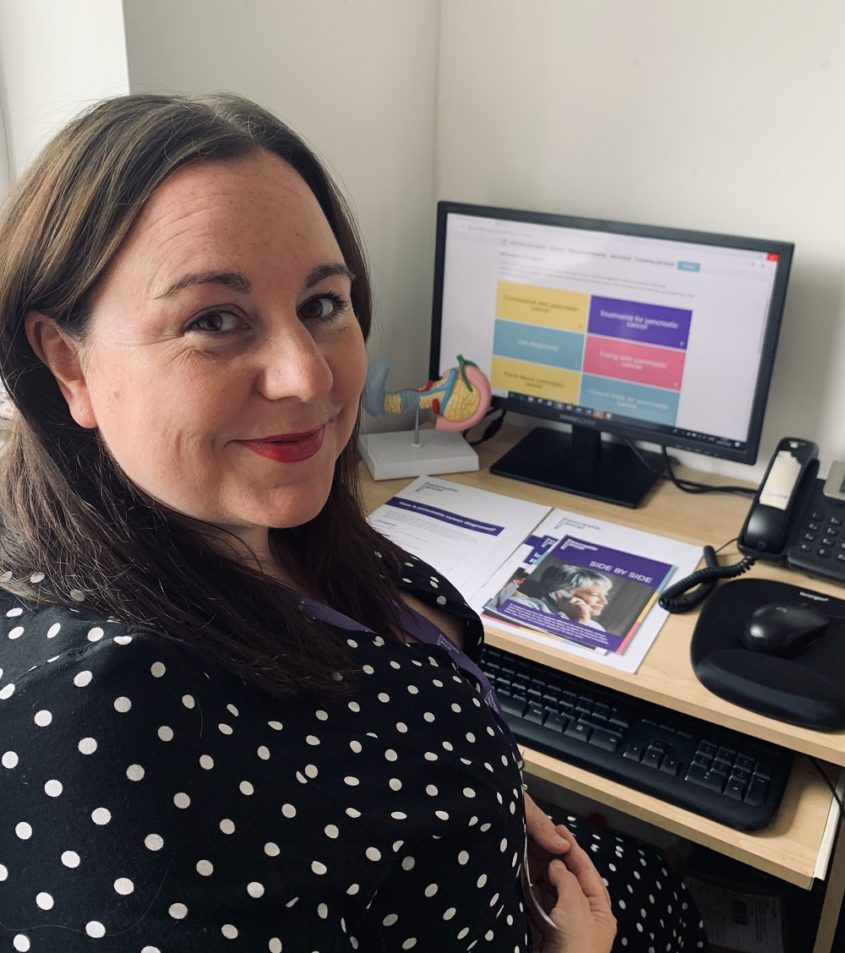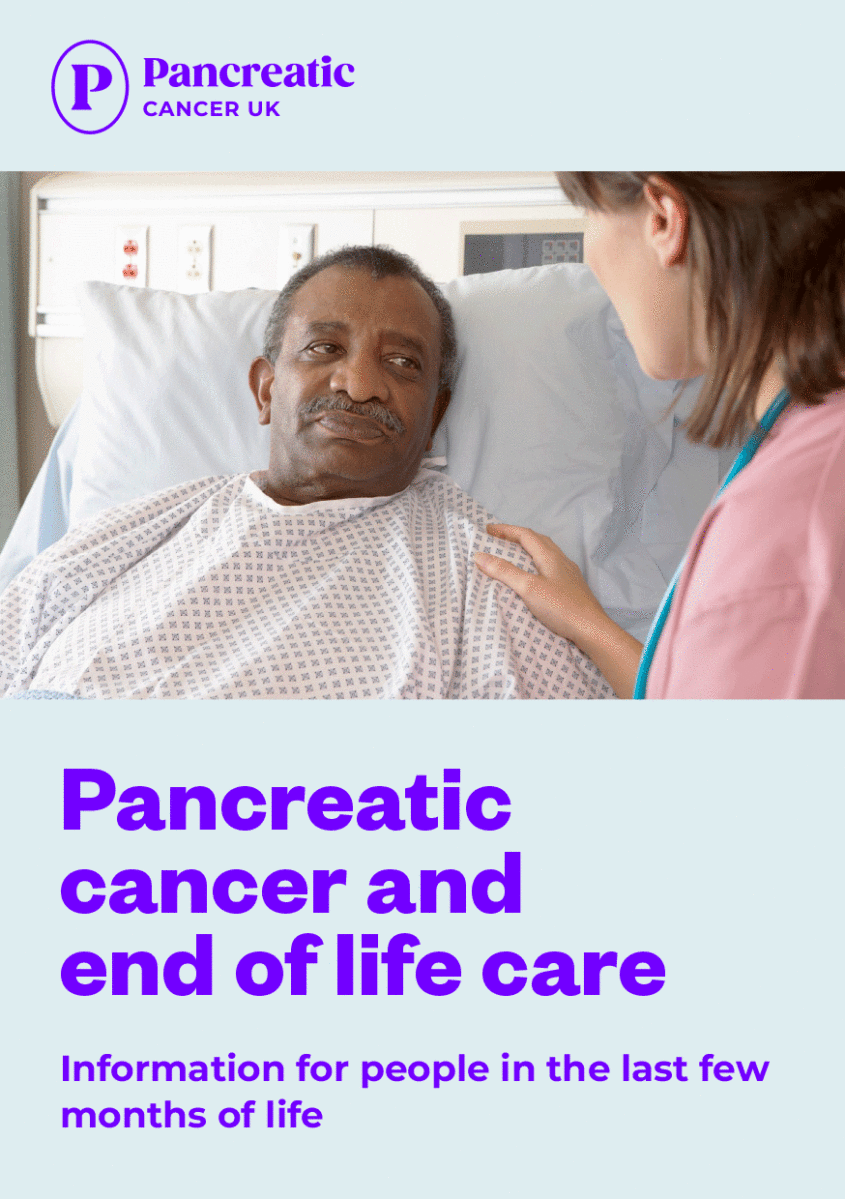Questions about bedsores?
Speak to your nurse about bedsores.
You can also speak to our specialist nurses on our free Support Line with any questions about bedsores.
Bedsores are caused by having pressure on the same area of skin for a period of time.
Bedsores usually affect the bony parts of the body, such as the heels, elbows, hips, and the base of the spine. They affect people who can’t move around much and spend a lot of time in bed or sitting in a chair. They can be painful, and if they aren’t treated they can become infected. Your nurse should check whether you are at risk of developing bedsores.
Signs of a bedsore are red skin or skin that doesn’t turn white if you press on it. The area of skin may also feel warm or hard. If you notice this, tell your nurse so they can check it for you.
Tell your nurse if you have any sore areas of skin. Ask them how to prevent bedsores.
If you develop a bedsore, your nurse should check it regularly. You should be given a pressure relieving mattress or pressure cushions, and your doctor or nurse will discuss any other treatments with you. For example, you might have a dressing put on a bedsore to protect it and help it heal.
Marie Curie and the NHS website have more information about bed sores.
“Mum had bedsores on her shoulder blades, knees, heels and elbows which needed daily management by the district nurses.”
Speak to your nurse about bedsores.
You can also speak to our specialist nurses on our free Support Line with any questions about bedsores.


To read more about bedsores towards the end of life, download our booklet, Pancreatic cancer and end of life care. Information for people in the last few months of life.
You can also order a physical copy.


Published August 2024
Review date August 2027